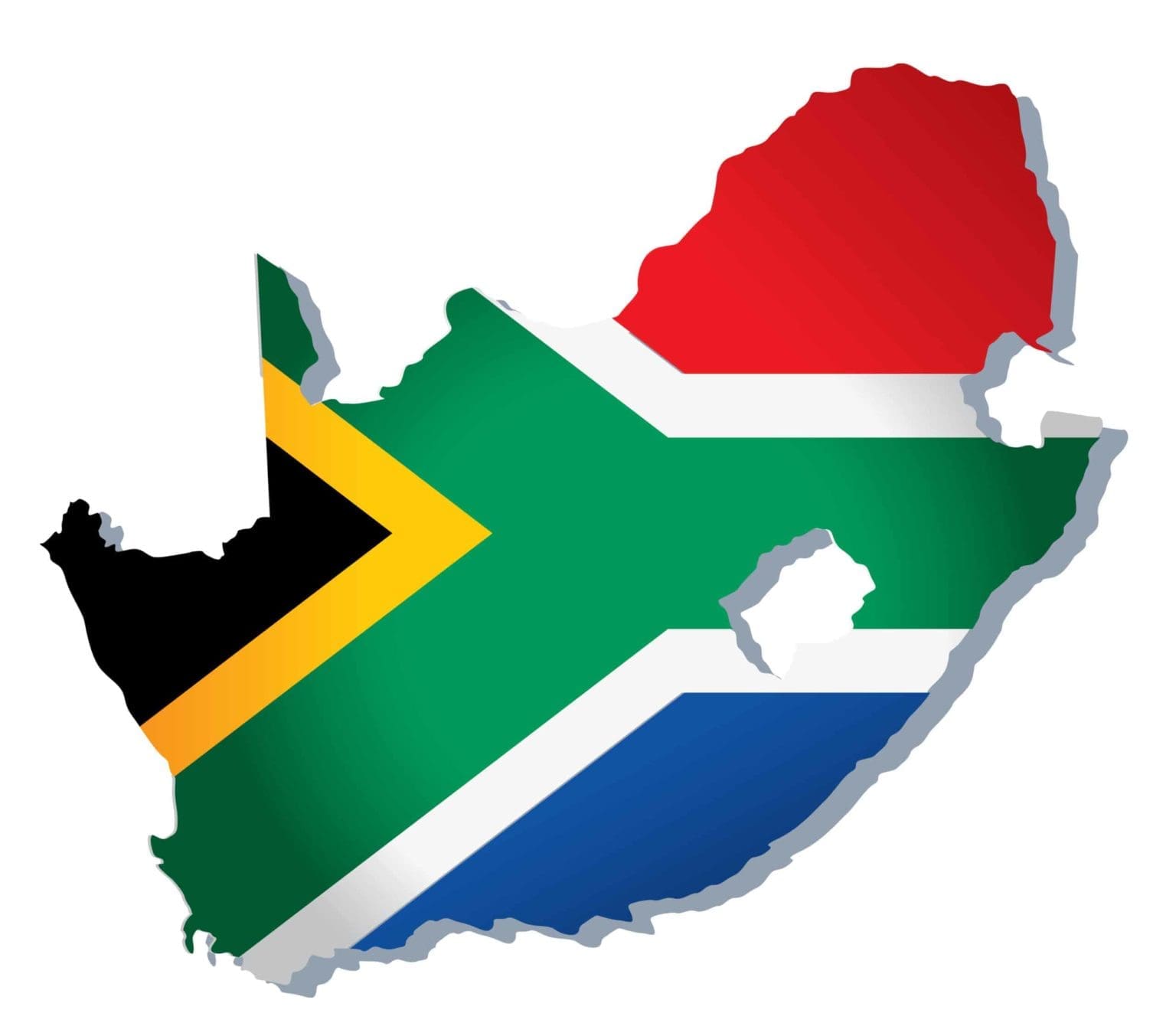Mbelieves the state should leverage private-sector expertise in the broadband roll-out, rather than relying exclusively on state-owned companies (SOCs).
This was contained in the economic policy paper titled Economic Transformation, Inclusive Growth and Competitiveness: Towards an Economic Strategy for South Africa published on National Treasury’s website on Tuesday evening.
The economic policy paper outlines bold vision by the South African national treasury calling South African Government to implement a series of growth reforms that promote economic transformation, support labour-intensive growth, and create a globally competitive economy.
The plan is aimed at dealing with the country’s moribund GDP growth rate and tackle a 29% unemployment rate.
The cost of communicating is excessively high in South Africa.
The national treasury said the country rank 126th in terms of prepaid mobile cellular tariffs and 69th in terms of fixed broadband internet tariffs (World Economic Forum 2015). Even out of 17 African states, South Africa is the fourth most expensive in terms of broadband costs.
One gigabyte of data costs $14.10 in South Africa. In Cameroon (the cheapest country), one gigabyte costs $2.10.
At the same time, the quality of broadband is poor. South Africa ranks 119th globally in terms of download speed.
Average connection speed in South Africa in 2016 was 6.5 Mbps, ranking it 73rd out of 146 countries.
South Africa also has extremely low levels of information and communications technology (ICT) uptake and access, especially of broadband, in comparison with other countries.
While South Africa performs poorly compared to its peers in ICT indicators, any progress that has been made to-date in price, quality, and access has largely been due to increased competition, through the entrance of challenger firms and regulating for competition, said treasury.
While mobile has dominated the broadband space, it is not a sustainable technology for the future of broadband, argued national treasury.
“As technologies improve and demand for data continues to rise, fixed-line broadband is the only future-proof broadband technology as there is no limit to its ability to transmit data.,” it said in the paper.
“On the other hand, spectrum (used for mobile broadband) is an inherently limited resource.
“While fibre-to-the-home providers have successfully entered this space in some areas, Telkom is the only company to have a substantial fixed-line access network (also known as the local loop, which connects households to exchanges). This is the most expensive component of the fixed-line infrastructure.”
The national treasury said immediate enforcement of local loop unbundling, as per the ICT policy, would enable multiple providers to have access to the local loop, enhance competition, and reduce unnecessary infrastructure duplication.
The national treasury also said open-access conditions should be imposed to minimize unnecessary duplication of infrastructure and to bring about services-based competition.
It added that effective economic regulation is essential for constraining incumbents.
The Independent Communications Authority of South Africa (ICASA) has admitted to being a weak regulator, which has benefitted incumbents.
However, the success of mobile termination regulation hints at ICASA’s potential.
“Stronger powers of enforcement need to be ensured,” said the national treasury.
“ICASA’s proposed economic regulation component should be independent of line departments and be directly funded from industry levies, as per international best practice (International Telecommunications Union 2000).”
The Department of Telecommunications, as part of its 2013 SA Connect broadband strategy, intends to roll out fibre to schools, hospitals, and other government institutions across the country.
In 2016, the department issued a tender for Phase 1 of the roll-out, but there were no bidders that were able to meet the very specific tender requirements.
The department is in the 23 process of rationalizing state-owned companies in the telecommunications sector and has indicated that it seeks to establish a new infrastructure company. In the meantime, there are indications that state-owned companies (SOCs) in the telecoms space will be tasked with the government’s broadband roll-out.
“However, the private sector’s proven capability in broadband infrastructure development could also be leveraged, through conditions attached to spectrum licences, to speed up the process and reduce the burden on the fiscus,” the national treasury recommended.
The national treasury added that short-term interventions in the telecommunications industry, such as issuing rapid deployment guidelines, releasing spectrum through an auction process, imposing open access conditions, and leveraging the private sector for rolling out broadband would likely reduce the cost of doing business in telecommunications and encourage competition in the sector.
“An increased supply in broadband through the release of the spectrum will reduce prices,” it said
The treasury said in a policy paper that Government should release spectrum through an auction with a small set-aside for a government-controlled network, and competition should be allowed in Telkom’s infrastructure that connects the local exchange to residential homes and businesses.
Rapid deployment guidelines that accelerate the installation of telecommunications infrastructure should be finalized, and open access conditions should be imposed to minimize unnecessary duplication of telecommunications infrastructure, said treasury.
The treasury believes that modernizing network industries such as transport, energy, water, and communications can promote competitiveness and inclusive growth.
“A 10% increase in fixed broadband penetration leads to a 1.35% increase in GDP growth in developing countries and a 1.19 per cent increase in developed economies,” it explained.
It added that spectrum should be allocated through an auction, with provisions for effective rivals, conditions for universal service and access, and a small set-aside for a wholesale open-access network.
In addition, broadband should be rolled out to underserved areas enabled through a more competitive telecoms sector and lower data prices, it said.
